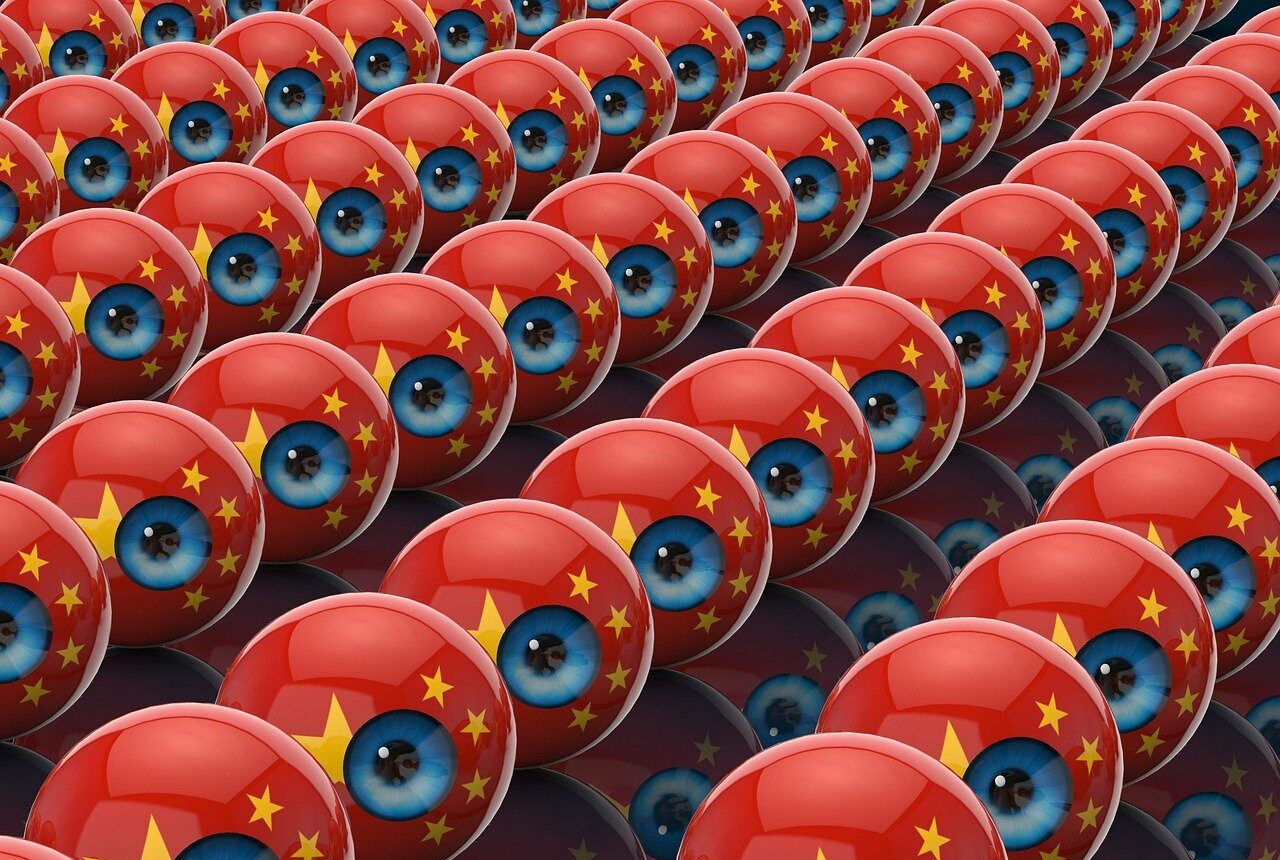Will China be the first country in the world to regulate artificial intelligence?

China's tight links on generative artificial intelligence are already starting to loosen, especially when it comes to technologies to be exported. While the United States and the European Union are still in limbo, here's what Beijing's regulation foresees, which is expected to take effect on August 15 and what the consequences are for Western rivals
In the race for generative artificial intelligence (AI) – and its regulation – China wants to get ahead of everyone and, as announced, if its guidelines come into force on August 15, then it will have succeeded.
Beijing had already moved in this direction in April and had hinted that the rules for generative AI, such as ChatGpt, would be very strict, especially due to the effect that chatbots can have on "social mobilisation". Now, however, he seems to want to address the issue in a softer way.
THE DRAFT OF THE REGULATION ON ARTIFICIAL INTELLIGENCE IN CHINA
The draft with the guidelines for the management of AI had arrived in April from the Cyberspace Administration of China (CAC), the Chinese internet regulator, which had made it visible until May 10 to give the public the possibility to comment on it.
As announced, once this phase was completed, the regulation would enter into force before the end of the year. And, now, it seems that there is an official date: next August 15th.
WHAT DOES IT PROVIDE AND WHAT WERE THE CHANGES
Compared to the initial version, the latest one published by the CAC has eliminated or clarified some restrictions, making the narrow links hypothesized in April slower.
Beijing's rules will apply to all generative AI services offered to the public, Quartz reports, however, technologies developed for use only outside the country are now exempt from the rules.
The first draft then spoke of fines of no less than 10,000 yuan ($1,400) and no more than 100,000 yuan ($14,000), while in the latest version they are not mentioned.
Finally, the original text said that providers of generative AI services must “be able to guarantee the authenticity, accuracy, objectivity and diversity of data”. Now, the words have changed and “be able to ensure” has become “take effective measures” to improve the quality of training data and increase the authenticity, accuracy, objectivity and diversity of training data .
WHAT DOESN'T CHANGE
Again Quartz lets it be known that, however, some rules present in the first draft have remained unchanged. These include requiring providers of generative AI services to undergo a security assessment before being released to the public and adhering to socialist values.
In April, the CAC had in fact declared that China "supports the innovation and application of artificial intelligence and encourages the use of secure and reliable software, tools and data resources, but the contents produced by generative AI must be in line with the country's core socialist values,” as well as data security and personal information protection laws.
HOW IS THE TECHNOLOGICAL RIVALRY BETWEEN CHINA AND THE UNITED STATES
In response to Western OpenAI's ChatGpt, Google's Bard, and would-be ones, China has already deployed Baidu's Ernie Bot, Alibaba's Tongyi Qianwen, Tencent's Hunyuan Aide, and SenseTime's SenseChat.
Beijing's grip – and that which will come from the United States and the European Union on generative artificial intelligence tools – will play a fundamental role in determining the winners and losers of this futuristic battle, with obvious repercussions on investments, which however will not be the only factor decisive.
For China, in fact, says Quartz , "making government rules more permissive could further promote internal development". Furthermore, as Bloomberg recalled some time ago, the computer scientist Kai-Fu Lee, in his book AI Superpowers: China, Silicon Valley, and the New World Order , believes that, in competition with the United States, China could have the upper hand through rapid prototyping, consumer data collection, and government support.
Although funding for US-based AI startups was more than five times that of China according to 2022 data from CB Insights, for Kai-Fu, “the US may lead in AI breakthroughs.” AI, but Chinese entrepreneurs are better at putting them into practice".
Furthermore, the South China Morning Post writes that “China now has more generative AI startups than any other country, reaching 22 at the end of the first half of the year, compared to 21 in the United States”.
On the other hand, it remains unknown how things will turn out in the future when Chinese chatbots will also have to deal with US restrictions on technology exports. In fact, the SCMP observes that "going beyond the national market could be more difficult, but Hong Kong believes it can be a channel for this".
CONSEQUENCES OF US AND EU LIMBO IN THE REGULATION OF AI
The stalemate on AI regulation in the United States and the European Union, which is working on the AI Act , according to Jeff Wong, global chief innovative officer of EY, quoted by Quartz , “puts companies, especially startups, in a difficult situation when it comes to building their artificial intelligence products” and this would push them “to move to less restrictive countries to avoid regulation”.
That's why, as the father of ChatGpt, Sam Altman did on his European tour and OpenAI with his lobbying activities in Brussels , companies are lobbying governments yes to regulate AI but in a way that suits them advantage.
And they could win because, as Wong hypothesizes, they are unlikely to want to give up "the economic growth that comes from innovation."
This is a machine translation from Italian language of a post published on Start Magazine at the URL https://www.startmag.it/innovazione/sara-la-cina-il-primo-paese-al-mondo-a-regolamentare-intelligenza-artificiale/ on Mon, 17 Jul 2023 10:01:00 +0000.
